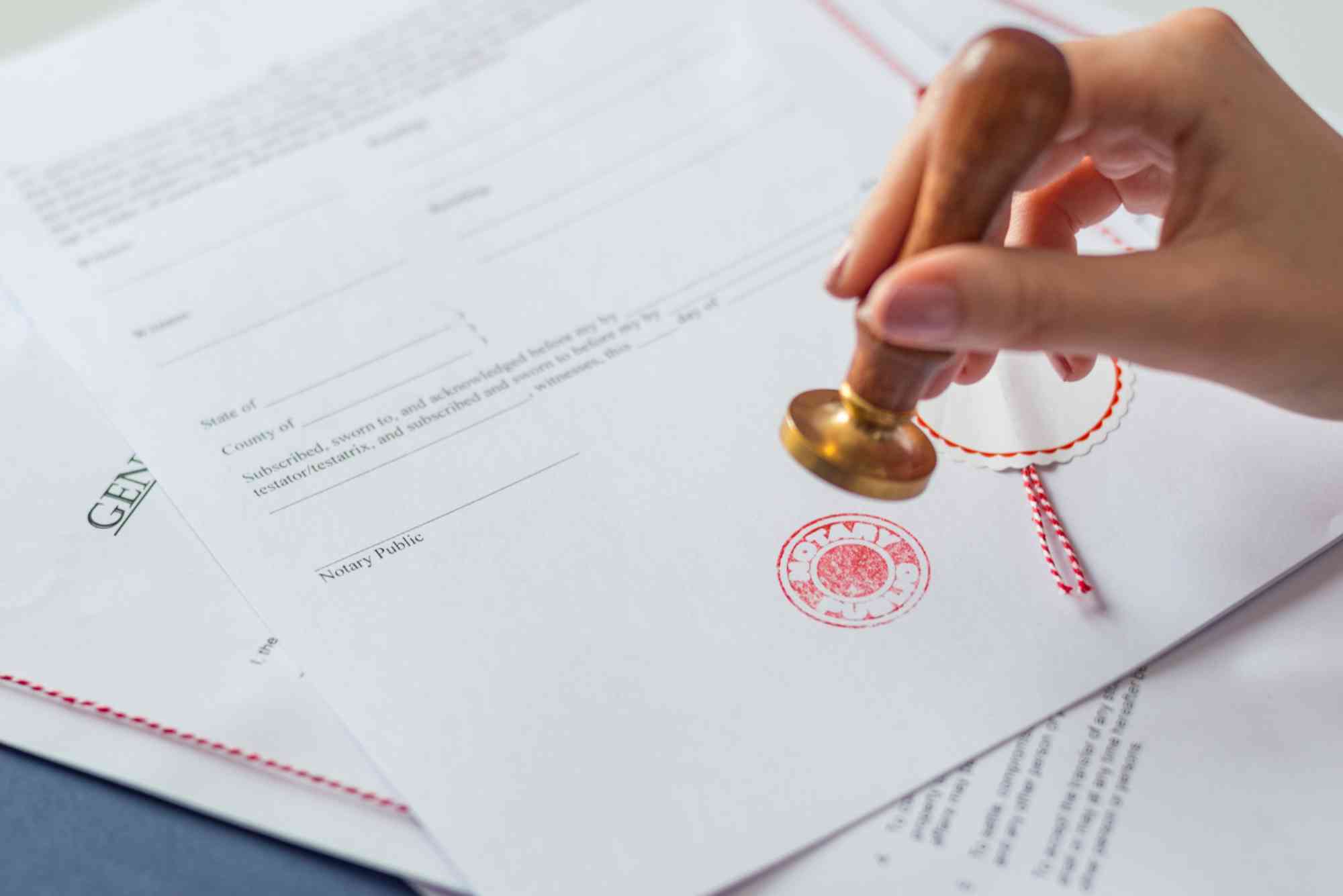Introduction
The presence of trained detection dogs at airports, schools, and public events is no longer surprising. These dogs are expertly trained to detect illicit substances, explosives, and even electronics. But a growing curiosity has emerged with the popularity of nicotine pouches like Zyn: can drug dogs smell Zyn cans?
Whether you’re someone who uses Zyn or just intrigued by the capabilities of K9 units, this article dives deep into the science behind detection dogs, what substances they can identify, and whether your Zyn cans can trigger a dog’s attention.
Understanding How Drug Dogs Detect Scents
The Superpower of a Dog’s Nose
A trained drug dog’s sense of smell is 10,000 to 100,000 times stronger than that of a human. This incredible olfactory system allows them to identify specific chemical compounds even when they’re masked by other odors.
Dogs have up to 300 million scent receptors (compared to a human’s 5 million) and a large portion of their brain is devoted to analyzing smells. This gives them the ability to separate complex scent layers—like spotting a single word in a novel.
What Drug Dogs Are Trained to Detect
Drug-sniffing dogs are not naturally inclined to detect anything and everything. Instead, they are trained on specific scents, including:
-
Marijuana
-
Cocaine
-
Heroin
-
Methamphetamine
-
MDMA (Ecstasy)
-
Fentanyl (in newer K9 units)
In most cases, drug dogs are not trained to detect nicotine or tobacco products unless specifically instructed to do so.
What Is Zyn and What’s Inside the Cans?
Zyn is a popular brand of nicotine pouches, smokeless and tobacco-free, used as an alternative to cigarettes or vaping. Users place the pouch under their upper lip, where nicotine is absorbed through the gum lining.
Ingredients Typically Found in Zyn
-
Pharmaceutical-grade nicotine
-
Flavorings (like mint or citrus)
-
Sweeteners
-
Food-grade fillers (such as plant fibers)
Zyn does not contain cannabis, THC, or any illegal drug, which is important when assessing what drug dogs may or may not alert to.
Can Drug Dogs Smell Zyn Cans?
Technically Yes — But Context Matters
So, can drug dogs smell Zyn cans? Technically, yes. A dog’s nose is sensitive enough to detect the scent of nicotine. However, just because they can smell it doesn’t mean they’re trained to react to it.
Are Drug Dogs Trained to Smell Nicotine?
Most drug-sniffing dogs are not trained to detect nicotine or nicotine products like Zyn. Their training focuses on illicit drugs and potentially dangerous substances. Unless the dog is part of a specialized tobacco enforcement unit—like those used at borders or in prisons—they are unlikely to alert to Zyn.
Where Might Nicotine Detection Be Relevant?
Airports and Border Patrols
In some countries or regions, nicotine products are regulated or taxed heavily, which might prompt enforcement agencies to train dogs to detect them. However, Zyn is legal and widely sold over the counter in most areas.
Prisons and Secure Facilities
Prison K9 units may be trained to detect contraband nicotine, especially if smoking is banned. In such environments, even Zyn cans might be subject to scrutiny.
Could Drug Dogs Mistake Zyn for Something Else?
Unlikely, but not impossible. Dogs trained to detect similar chemical structures, like those found in synthetic drugs or tobacco, could potentially show interest. However, a trained handler can distinguish between a legitimate alert and general curiosity.
Also, residue from other substances—like marijuana or THC vapes—stored in the same bag or pocket as Zyn might confuse the scent trail and trigger an alert.
Is Carrying Zyn Risky Around Drug Dogs?
-
At airports: No issues unless traveling to a country with strict tobacco laws.
-
At music festivals or public events: No alert expected unless other banned substances are present.
-
In schools: Some schools restrict tobacco products. But again, detection depends on local policy and K9 training.
-
During traffic stops: Unless Zyn is stored with illegal items, it’s unlikely to raise suspicion.
What Else Can Drug Dogs Detect?
Drug dogs are increasingly trained to detect more than just narcotics. In some areas, they’re capable of identifying:
-
Electronic storage devices (like SD cards)
-
Firearms
-
Bed bugs
-
Fungi or invasive plant species
This showcases the versatility of scent detection, but again, Zyn pouches fall far outside the scope of most drug-dog training programs.
For insights into other security tech and detection practices, check out Hatch My Ride, a hub for modern innovations in mobility and security.
To summarize: Can drug dogs smell Zyn cans? Yes. But will they alert to Zyn? Very unlikely.
Unless the dogs have been trained specifically to detect nicotine or are working in environments where nicotine is contraband, they are not going to alert handlers about Zyn. If you’re carrying Zyn in places where it’s legal and allowed, there’s no need to worry.
Stay informed, stay compliant. Want more clarity on what’s allowed in airports, schools, or public events? Bookmark our blog for updates on detection practices, security trends, and travel safety tips.
FAQ:
Can police dogs detect nicotine in general?
Yes, they can, but most are not trained to. Nicotine detection usually isn’t prioritized unless it’s banned in the area.
Is Zyn considered a drug by law enforcement?
No. Zyn is a legal nicotine product and not classified as a controlled substance.
Can drug dogs smell through sealed containers?
Yes. A dog’s sense of smell is powerful enough to detect scents even through plastic bags and cans.
Why do some people get nervous carrying Zyn around dogs?
Often it’s confusion. Because Zyn resembles other banned items in shape or packaging, some may worry unnecessarily.
Do drug dogs ever make mistakes?
While rare, false alerts can occur—especially if the dog picks up overlapping scents from previously stored substances.




